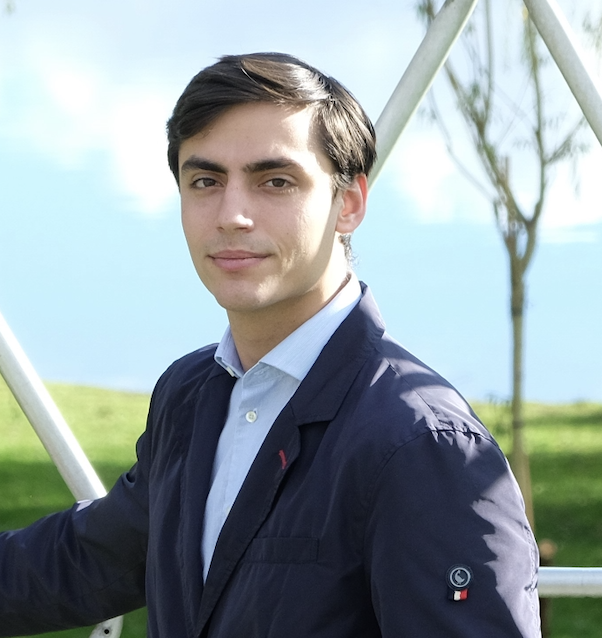
Welcome to the PhD Accelerator Spotlight Series, where we highlight PhD students who are driving innovation and entrepreneurship by commercialising their research and ideas. Discover their inspiring journeys, ground-breaking projects, and how they bridge academia and start-ups. Join us as we celebrate their achievements and the transformative impact they are making in the world.
- Can you tell us a bit about yourself, your educational background, and the research you’re currently pursuing?
I am an out-of-the-box thinker. I am a post-graduate student at Leverhulme Quantum Biology Doctoral Training Centre at the University of Surrey, where I studied the “Room Temperature Coherent Interactions Between Fluorescent Proteins”. I received my BSc degree in Biotechnology (with honours from the Faculty of Health and Medical Sciences (FHMS), University of Surrey, UK; for which I received the Microbiology Project Prize for the best level 6 project (dissertation) in the Microbiology programme.
I have a long-standing interest in fluorescent proteins and their wide applications as biosensors.
I believe that fluorescent proteins have the potential of becoming a model system for the study of quantum biology and I am confident that quantum physics theories and molecular biology techniques may come together to develop next-generation quantum biosensors. My research is focused on performing mutagenic studies to alter the structural, physical and optical properties of the fluorescent proteins for ultrafast optical spectroscopy characterization.
- What motivated you to pursue a PhD in your field?
As a biotechnologist, nature’s complexity and problem-solving skills fascinate me. I truly believe there as very few things nature hasn’t solved yet. Now that we are entering the dawn of the quantum era, I was curious to investigate if nature had already been using quantum mechanisms and how we would be able to benefit from this knowledge.
- How did you become interested in entrepreneurship and the idea of commercialising your research or starting a business alongside PhD research?
Although my research project could fall under fundamental research, the versatility and potential applications of the tools I use are limitless. I talked to many researchers, and they said they needed a tool similar to what I am researching. Therefore, I saw an opportunity to combine my fundamental knowledge of fluorescent proteins with the sensing needs required.
- Can you briefly describe the potential applications or impact of your research or business idea on society or industries?
At FluoroSense, we plan to produce and use fluorescent proteins as biosensors and in vitro sensing tools. We believe that our technology has the potential to transform multiple industries, from healthcare to agriculture.
- What challenges do you anticipate when it comes to translating your research into a commercially viable product or service?
There are 2 main challenges, firstly, to create a prototype that would be commercially viable and secondly, getting to know the target market and how to engage with it.
6. What are your future aspirations as an entrepreneur? Where do you see your start-up or commercialised research making an impact in the next few years?
My main aspiration as an entrepreneur is to create and maintain something of my creation that can benefit the people and environment. In the next few years, I think a good status would be to have a service where customers can request custom sensors for their applications.
7. What advice would you give to other PhD students who are considering pursuing entrepreneurship and commercialising their research?
Come in and give it a try! The only way in the industry to keep doing the research you love, with the ideological freedom that academia provides, is by commercialising it and creating your own thing.
It’s important to note that starting a business can be risky and challenging, but the potential benefits can be significant if done successfully.
Are you feeling inspired or curious by Alejandro’s journey so far? Then reach out to Dr Geoffrey Knott, PhD Accelerator Manager (geoffrey.knott@surrey.ac.uk), who can guide you towards exciting opportunities, events, and resources that can help you navigate through this phase and make a lasting impact.

